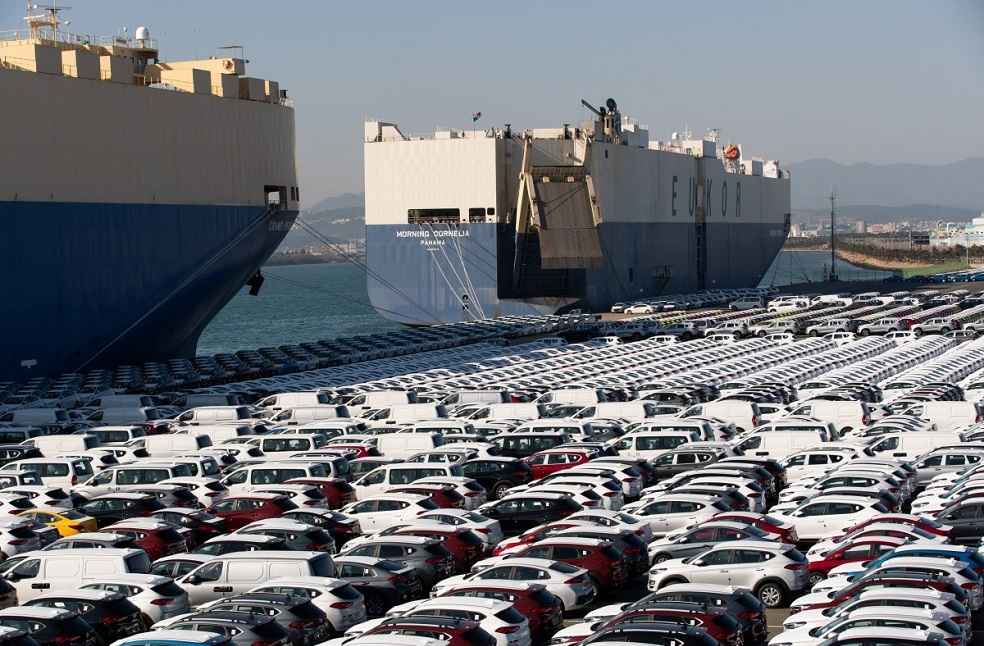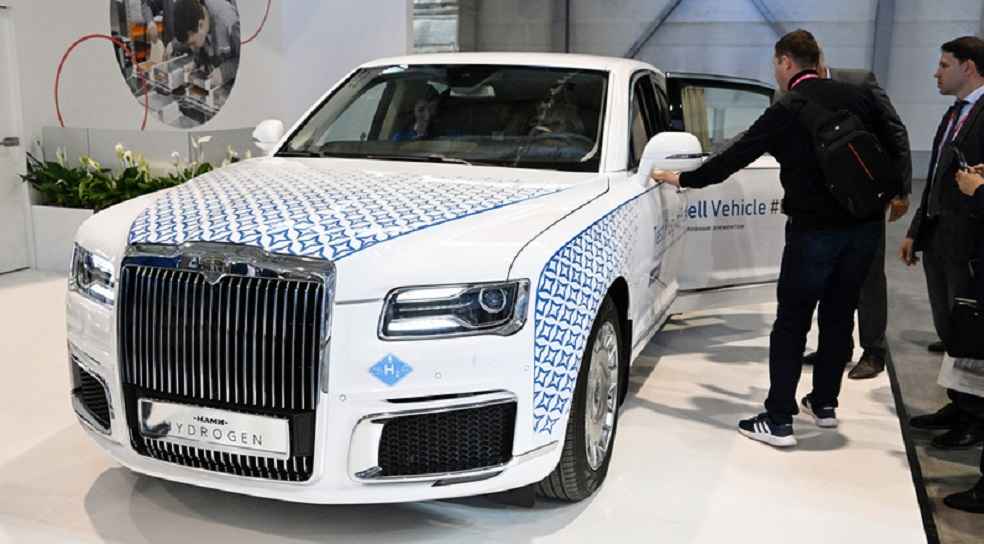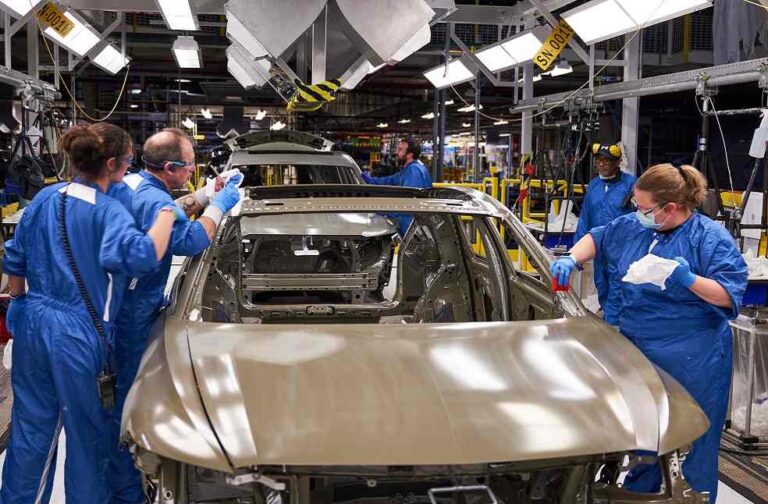Russian automakers are charting new international territories, responding to challenges within their domestic market. Aurus Motors, a luxury vehicle producer, leads this charge by initiating F-Class Senat sedan production in Dubai. This initiative, highlighted by Trade and Industry Minister Denis Manturov, signals the start of an expansive plan, focusing first on establishing a strong foothold in the United Arab Emirates.
Russian automakers like UAZ and AvtoVAZ are exploring ventures in regions as varied as Cuba, Ghana, Africa, and Central Asia. These endeavors mark a revival of Russia’s automotive export ambitions, contrasting sharply with the previous year’s slowdown.
Traditionally, Russian car manufacturers have played a minimal role in the global auto market, constrained by regulatory obstacles and scant governmental support for overseas trade. Yet, recent years have seen these barriers gradually dismantling, paving the way for increased international commerce. In the year before the war, 2021, these manufacturers noted a substantial 37% rise in foreign car sales.

This emerging growth trajectory faced disruption early in 2022, as geopolitical tensions, especially the Ukraine conflict, led to a halt in exports to vital markets like Kazakhstan and Belarus.
Currently, these companies are focusing on re-establishing old partnerships and creating new ones. There are ambitious plans to restart production in Kazakhstan, Egypt, and Uzbekistan, targeting substantial export numbers by 2024. The scenario now presents a mix of hurdles and prospects. The loss of critical markets such as Ukraine and Western countries presents a significant challenge, amplified by the Russian automotive sector’s deficiency in quality trade support.
Conversely, the Russian ruble’s devaluation has rendered domestically produced vehicles more appealing price-wise in economically constrained countries. The stagnation of Russia’s internal market also pushes these companies to seek expansion in areas like Northern and Eastern Africa, along with Middle Eastern countries including Iran, Turkey, Oman, Egypt, and the UAE.

For Aurus, venturing into global markets is crucial. The brand’s survival depends on its international market penetration, considering its limited domestic sales compared to its high production goals.
The Russian automotive sector’s future in global markets hinges on a mix of adversities and potentials. While facing the loss of significant markets and the need for enhanced trade support, opportunities in new regions offer hope. Yet, this growth’s sustainability heavily depends on the Kremlin’s approach to international relations, particularly avoiding geopolitical conflicts that could further impact the industry.
AUTO TECH | Lotus Technology Secures $870M for IPO and Global EV Expansion





